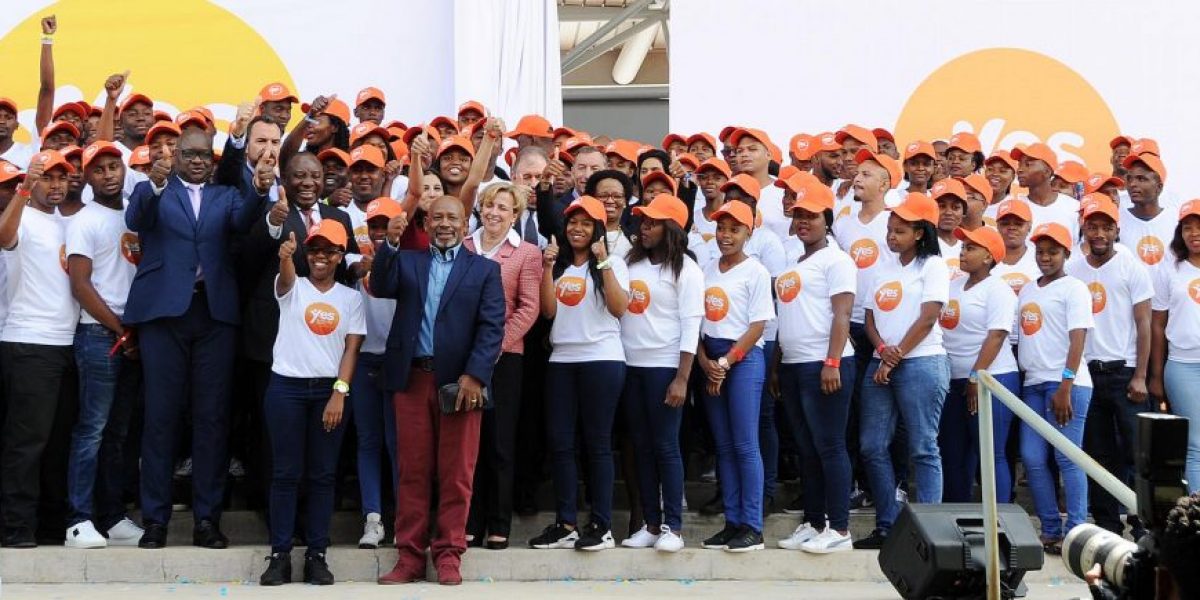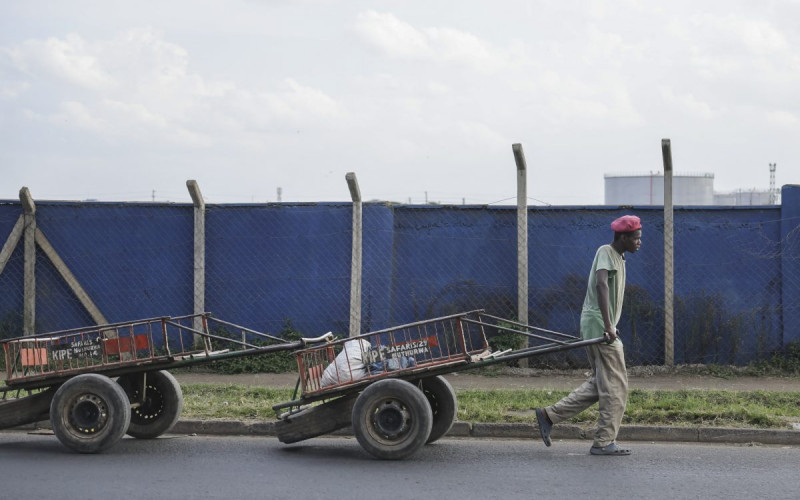Youth unemployment is a critical concern in South Africa. The unemployment rate among young people aged 15 to 34 recorded by Statistics South Africa in the second quarter of 2018 was 39%, higher than total unemployment, which was 27% in the same period.
While the Presidential Jobs Summit hosted this week seeks to address youth unemployment as one of its objectives, the Youth Employment Service (YES) initiative launched earlier this year has been quietly building towards the same goal. Despite YES achieving some progress, the initiative faces cyclical and structural obstacles that create barriers to employment.
Prioritising efforts to address youth unemployment was highlighted by President Cyril Ramaphosa in his first State of the Nation Address when he noted the “urgency of drawing young people in far greater numbers into productive economic activity”. The creation of the YES initiative launched in March 2018 is a direct result of this recognition.
YES is a private sector-led programme that aims to create job opportunities for unemployed youth supported by the government, labour and business. Members of the CEO Initiative (a voluntary coalition of South African business leaders) were involved in creating this intervention, which has so far made progress by establishing a team to manage it, appointing a new CEO, registering businesses that are willing to employ young people and creating an online platform for the programme.
The rationale behind YES is that by giving unemployed, inexperienced young people the opportunity to work for a year, their CVs and marketability will improve. This exposure to the workplace combined with the skills they have accumulated and references from the host companies make them three times more likely to secure permanent employment after the 12-month period.
President Ramaphosa has set ambitious targets for YES, anticipating the creation of 330,000 jobs for young people per year. The ultimate goal is the creation of a million job opportunities for young people over a period of three years. One of the hurdles that have contributed to a delay in the uptake of YES among some private companies has been the wait for the new Youth Employment broad-based black economic empowerment (B-BBEE) regulations to be gazetted. Companies that are willing to employ young people under YES needed certainty that its benefits would be written into law.
The Department of Trade and Industry has since remedied this situation: amendments to the B-BBEE framework include the YES initiative in the measurement codes which were published on 28 August 2018. Gazetting of the YES initiative within the B-BBEE framework means that businesses who comply with the programme’s criteria stand to improve their current B-BBEE scorecard by up to two levels. Companies also continue to benefit from existing Employment Tax Incentives through which they can secure rebates for each qualifying employee.
YES is a welcome intervention towards addressing South Africa’s youth unemployment crisis. However, its success still remains questionable. First, while YES targets an increase in the quantity of work opportunities, subdued economic growth marked by the country slipping into a technical recession, threatens the creation of new jobs. YES needs to ensure that companies retain these young people, even under difficult economic conditions.
Second, South Africa’s unemployment woes can also be attributed to labour supply side factors such as the education system that is not adequately preparing school leavers and university graduates for work. The country ranked 137th out of 139 countries in assessing the quality of the education system according to a 2016 report by the World Economic Forum, raising questions as to how well equipped South Africa’s youth is for the workplace. YES needs to take this into account and ensure that the work experience and skills gained equips young people with the foundation to pursue a career in the market place.
Third, compounding issues around skills is South Africa’s need to respond effectively to rapid market changes owing to the 4thIndustrial Revolution. Aligning the employment drive with the development of skills that will prepare South Africa for the fourth industrial revolution is critical.
Overall, the YES initiative is a much-needed step in the right direction. Dealing with South Africa’s triple challenges of poverty, unemployment and economic growth requires the pooling of efforts among stakeholders in various sectors of the economy and society to effect long-term structural change. If YES can help the youth to break out of the cyclical and structural constraints facing the economy, with new skills that prepare them for the challenges of employment in such a difficult environment, this initiative will be a boon to job creation in South Africa.







